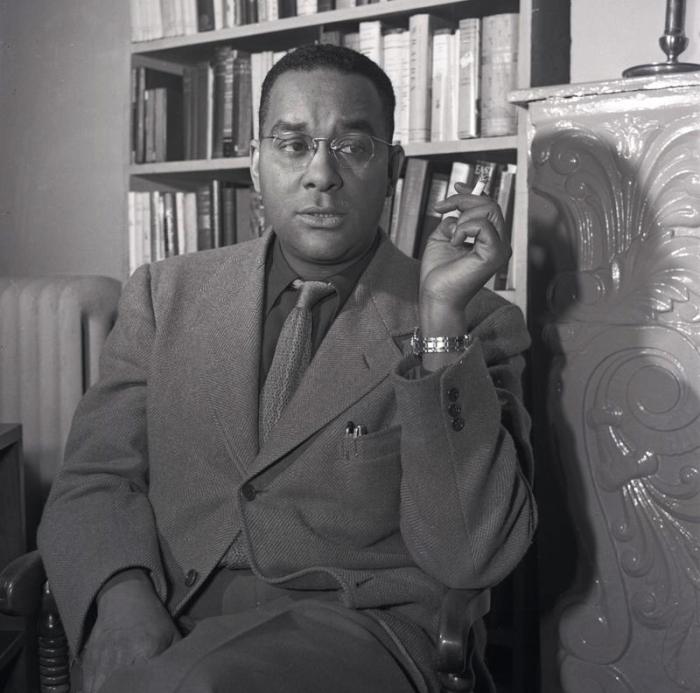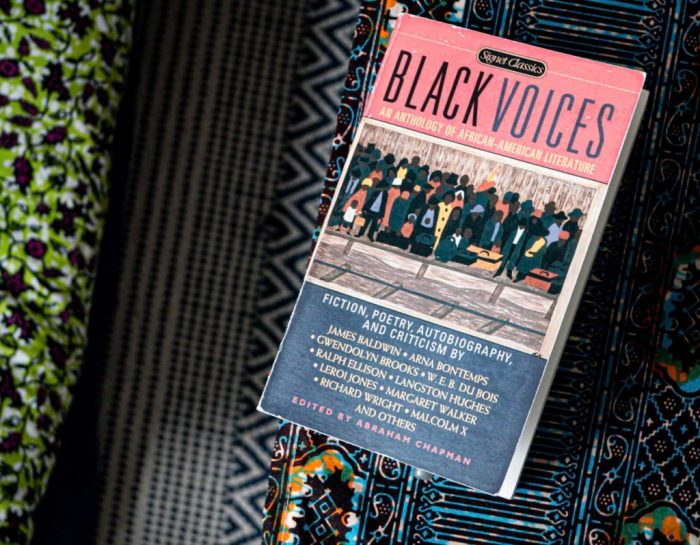Richard wright the ethics of living jim crow – Richard Wright’s seminal works on the Jim Crow era in the United States offer a profound exploration of the ethical dilemmas faced by African Americans during this oppressive period. Wright’s firsthand experiences and incisive writing provide a unique lens through which to examine the psychological impact of racial segregation and the complexities of resistance against it.
Through his powerful prose, Wright captures the psychological toll of Jim Crow, the ethical implications of resistance strategies, and the enduring legacy of this system of racial oppression. His work remains a vital contribution to our understanding of racial injustice and continues to resonate with contemporary audiences.
Richard Wright’s Personal Experiences

Richard Wright was born in 1908 in Roxie, Mississippi, during the height of the Jim Crow era. He grew up in abject poverty and experienced firsthand the horrors of racial segregation and discrimination. His childhood was marked by violence, humiliation, and fear, shaping his understanding of racial injustice.
Wright’s experiences as a black man in the Jim Crow South left an indelible mark on his writing. In his autobiography, Black Boy, he vividly depicts the psychological and emotional toll of living under Jim Crow. He recounts incidents of being beaten, threatened, and denied basic rights, providing a powerful account of the daily realities of racial oppression.
The Psychological Impact of Jim Crow
Jim Crow had a profound psychological impact on African Americans. It created a climate of fear, humiliation, and alienation. Wright’s writing captures the feelings of terror, shame, and anger that African Americans endured under Jim Crow.
In his novel Native Son, Wright portrays the character of Bigger Thomas, a young black man who kills a white woman in a fit of rage and fear. Through Bigger’s experiences, Wright explores the psychological consequences of living in a society that dehumanizes and oppresses black people.
The Ethics of Resistance, Richard wright the ethics of living jim crow
Under Jim Crow, African Americans faced a constant ethical dilemma: how to resist oppression without risking further violence or retribution. Wright’s writing portrays the different strategies used by African Americans to fight for their rights, from nonviolent protest to armed resistance.
In his novel The Outsider, Wright tells the story of Cross Damon, a black man who becomes a communist activist. Cross’s struggle with his own identity and the moral implications of his actions raises complex questions about the ethics of resistance.
The Legacy of Jim Crow
The Jim Crow era left a lasting impact on American society. It shaped the racial landscape of the United States and contributed to the ongoing struggle for racial justice. Wright’s work played a crucial role in exposing the horrors of Jim Crow and advocating for change.
Today, Wright’s writing remains relevant in the context of contemporary racial issues. His work continues to challenge us to confront the legacy of racism and to strive for a more just and equitable society.
FAQs: Richard Wright The Ethics Of Living Jim Crow
What was the primary focus of Richard Wright’s writing?
Wright’s writing primarily focused on the experiences of African Americans in the United States, particularly during the Jim Crow era. He explored themes of racial injustice, oppression, and resistance.
How did Wright’s personal experiences shape his writing?
Wright’s own experiences with racial discrimination and segregation deeply influenced his writing. He drew upon his firsthand observations and encounters to create vivid and authentic portrayals of the Jim Crow South.
What ethical dilemmas did African Americans face under Jim Crow?
African Americans under Jim Crow faced a range of ethical dilemmas, including whether to resist oppression openly or to adopt more cautious strategies, and how to balance personal safety with the need for collective action.
What is the legacy of Jim Crow in American society?
Jim Crow left a lasting legacy of racial inequality and discrimination in American society. Its effects continue to be felt in areas such as education, housing, and criminal justice.

